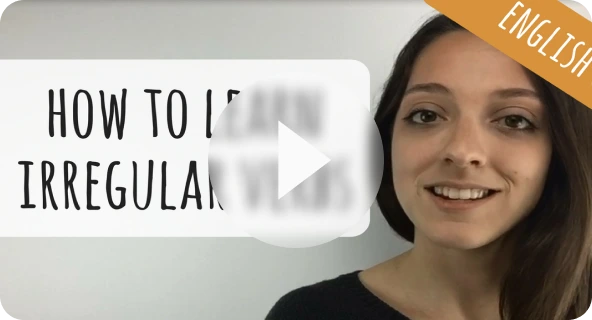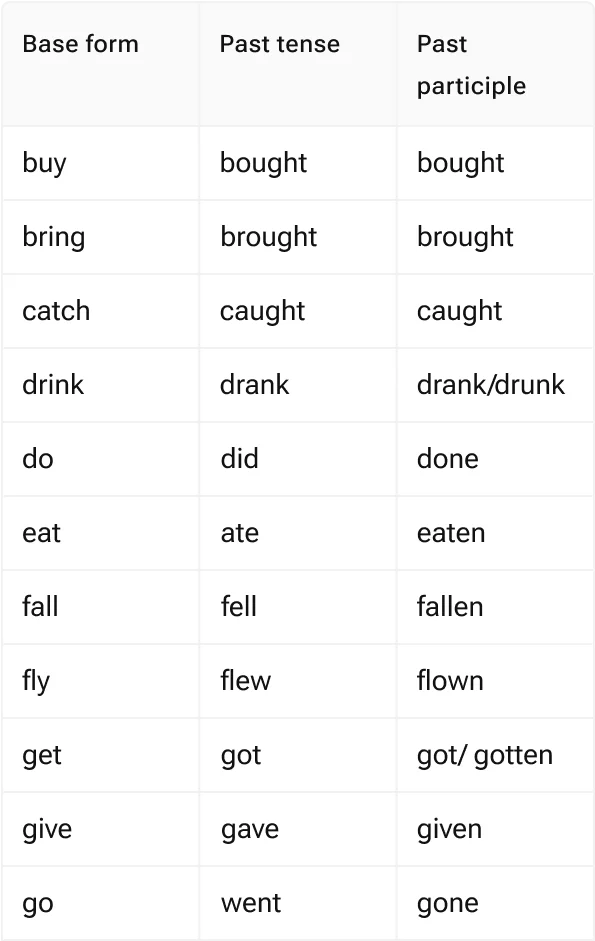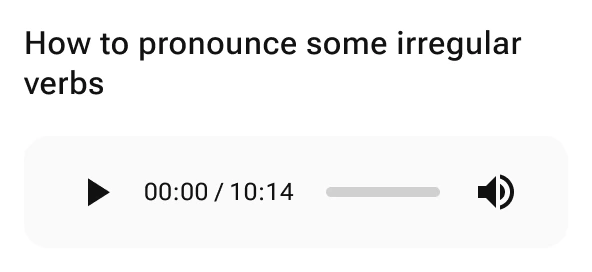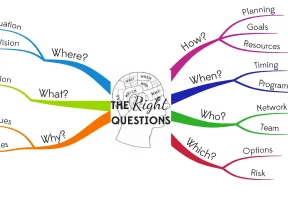11.2. Irregular Verbs

11.2 Irregular Verbs
Irregular verbs are one of the trickiest types of verbs—and words—to use. For the most part, there is no general rule or pattern that helps you figure out how to conjugate an irregular verb. You will simply need to learn how to conjugate each irregular verb as you find them—thanks a lot, English! Fortunately, our incredible dictionary will help you discover which verbs are irregular verbs and what each of their forms looks like.

- be: form: infinitive example: Jenny wants to be a good student.
- am: form: first person singular (present tense) example: I, Jenny, am a good student.
- is: form: third person singular (present tense) example: Jenny is a good student.
- are:form: second person singular all plurals (present tense) example: Jenny and Kenny are good students.
- was: form: first and third person singular (past tense) example: Jenny was a good student when she was younger.
- were: form: second person singular and all plurals (past tense) example: Jenny and Kenny were good students when they were kids.
- been: form: past participle example: Jenny has always been a good student.
- being: form: present participle and gerund example: Nothing stops Jenny from being a good student.


Irregular verbs love to trip us up. For the most part, many (but not all) irregular verbs do follow the rules when used in the simple present tense. For example, the following sentences all use irregular verbs in the simple present tense. You will notice that none of these verbs are breaking the typical rules of verbs.
- I run three miles every day.
- She always gives money to charity.
- My friends forgive my constant mistakes.
It can be hard to recognize that a verb is in fact an irregular verb when using the simple present tense. However, things become easier when we see or hear sentences that use the simple past tense or verb tenses that use the past participle. Because they love to break the rules, irregular verbs are usually easy to spot when they are used in the simple past tense or as past participles in sentences. For example, see if you can spot which of the verbs used in the following three sentences is an irregular verb.
- Jack jumped over a candlestick.
- Luisa knew the answer to the question.
- I tasted the cupcakes.
Of these three verbs, knew is clearly not following the general rules of using a verb in the past tense (it doesn’t end in –ed, –d, or –t) and so it must be an irregular verb.
When deciding if a verb is an irregular verb, be careful of verbs that use the -t variant in the past tense. Although they look unusual, the words dreamt, slept, and bent are the past tense of the regular verbs dream, sleep, and bend. Some irregular verbs also end in a T when used in the past tense or as a past participle, however these irregular verbs often take on much more drastic spelling changes than -t variant verbs do. Listed below are the simple past tense forms of some -t variant and irregular verbs. You’ll notice that the irregular verbs change much more drastically than the verbs that use the -t variant do:
- –t variant: burn becomes burnt, spend becomes spent, creep becomes crept
- irregular verbs: catch becomes caught; seek becomes sought; think becomes thought

Explore other lesson examples










